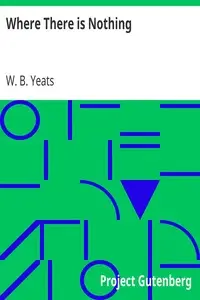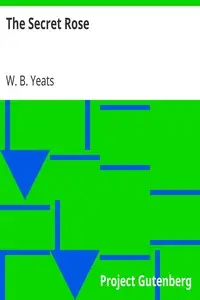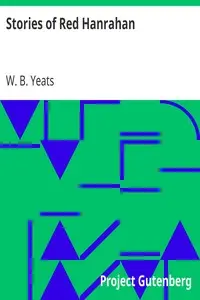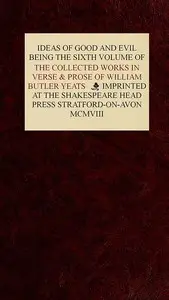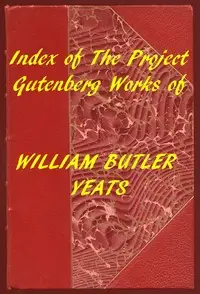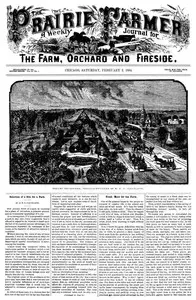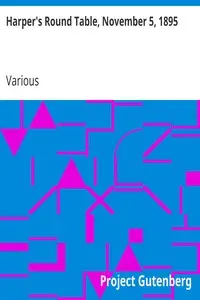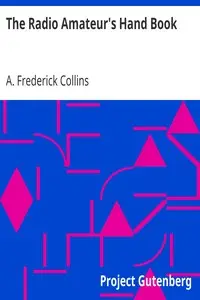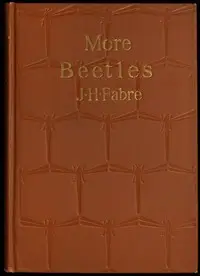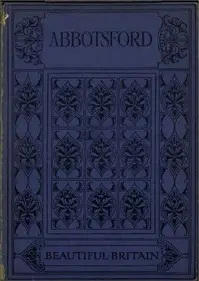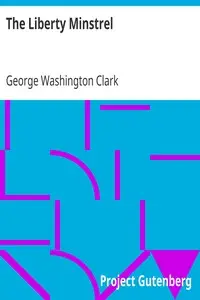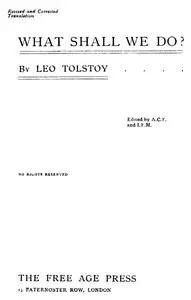"The Collected Works in Verse and Prose of William Butler Yeats, Vol. 8 (of 8)" is a collection of essays and poetic writings likely penned in the early 20th century. This volume encompasses various writings by Yeats, which delve into the themes of art, poetry, tradition, and the cultural landscape of his time. It reflects on the emotional and aesthetic dimensions of human experience, exploring how art and literature are intertwined with the broader societal context. At the start of the volume, the opening portion introduces the context of a theatrical performance in a west of Ireland town, involving a company of players and a young priest who has invited them. Yeats observes the contrasting ambiance of the half-ruined ballroom where the play unfolds, juxtaposing it against the surrounding town and its artistic developments, such as altar sculptures created by Irish artists. The narrative reveals Yeats's critical engagement with contemporary drama and his expectations for art, expressing a dichotomy between the elevated aspirations for artistic expression and the sometimes disheartening realities of audience reception. Through reflections on the play's performance and the misalignment between heroic themes and the audience's engagement, Yeats establishes a profound meditation on the role of the artist and the essence of human experience in relation to the arts. (This is an automatically generated summary.)
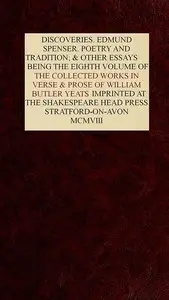
The Collected Works in Verse and Prose of William Butler Yeats, Vol. 8 (of 8) Discoveries. Edmund Spenser. Poetry and Tradition; and Other Essays. Bibliography
By W. B. (William Butler) Yeats
"The Collected Works in Verse and Prose of William Butler Yeats, Vol. 8 (of 8)" is a collection of essays and poetic writings likely penned in the ear...
Genres
Released
2015-08-05
Formats
epub
mobi
epub3 (images)
mobi (images)
epub (images)
Free Download
Overview
About the Author
William Butler Yeats was an Irish poet, dramatist and writer, and one of the foremost figures of 20th-century literature. He was a driving force behind the Irish Literary Revival, and along with Lady Gregory founded the Abbey Theatre, serving as its chief during its early years. He was awarded the 1923 Nobel Prize in Literature, and later served two terms as a Senator of the Irish Free State.
Total Reviews
10.0k
Total reviews from Goodreads may change

